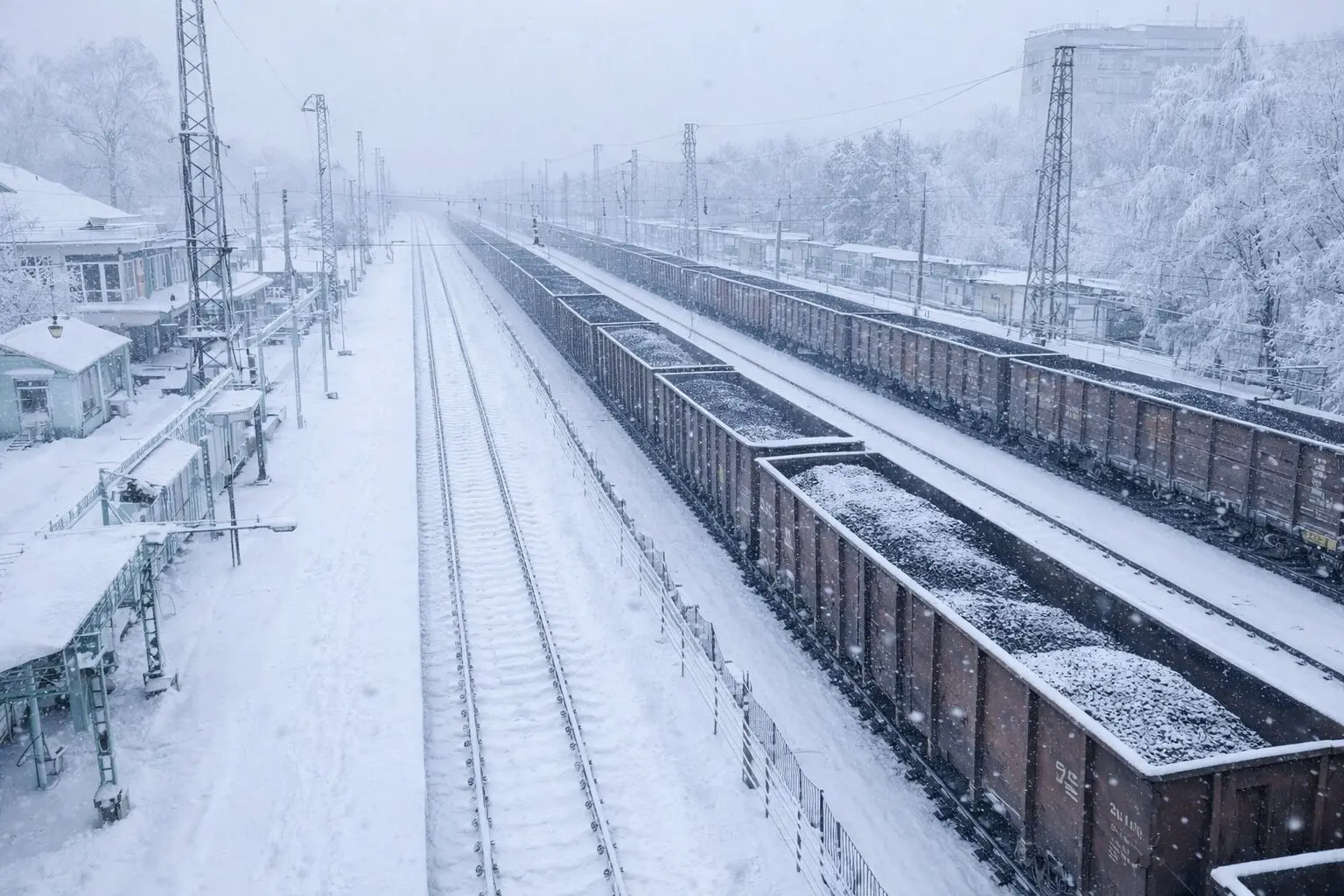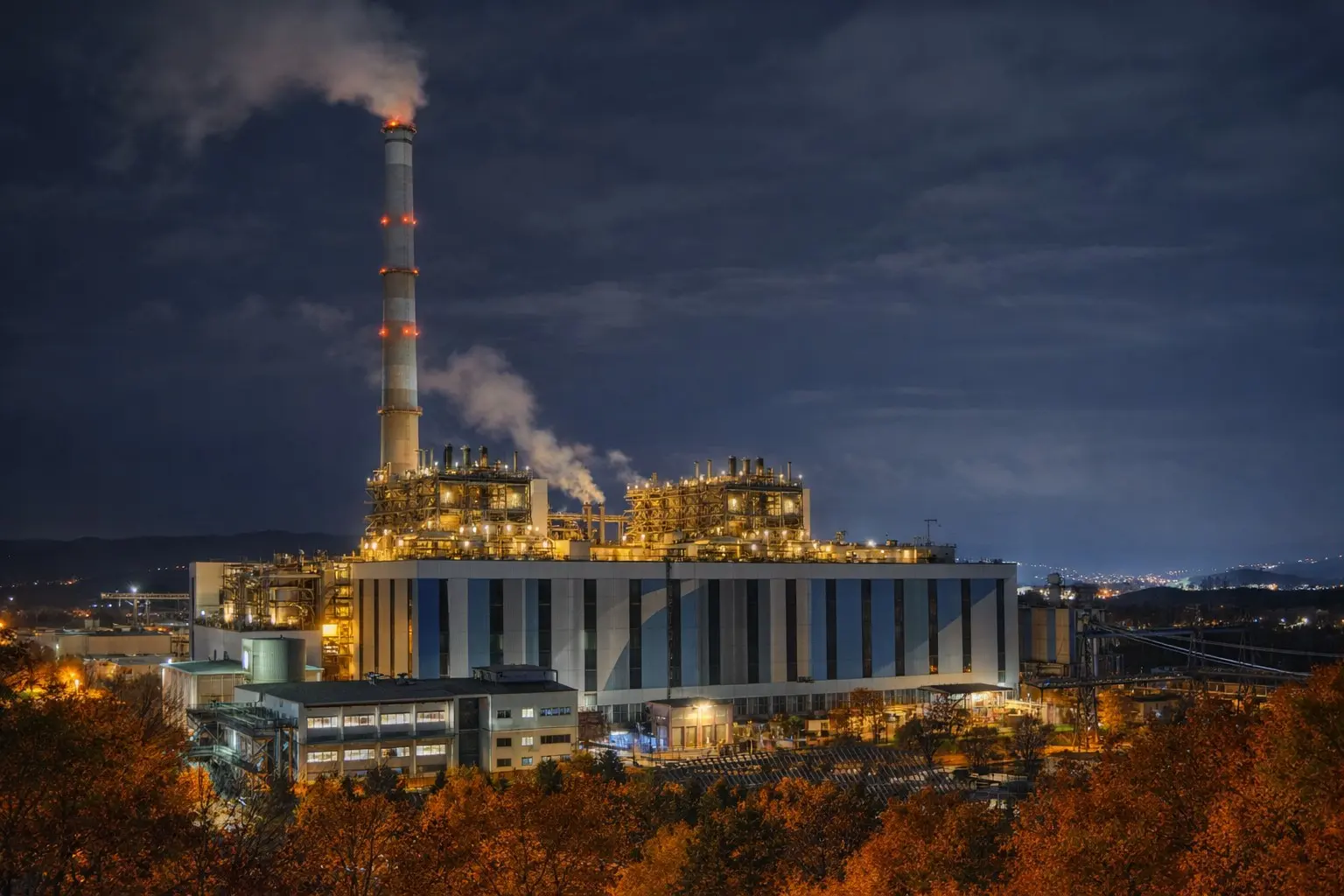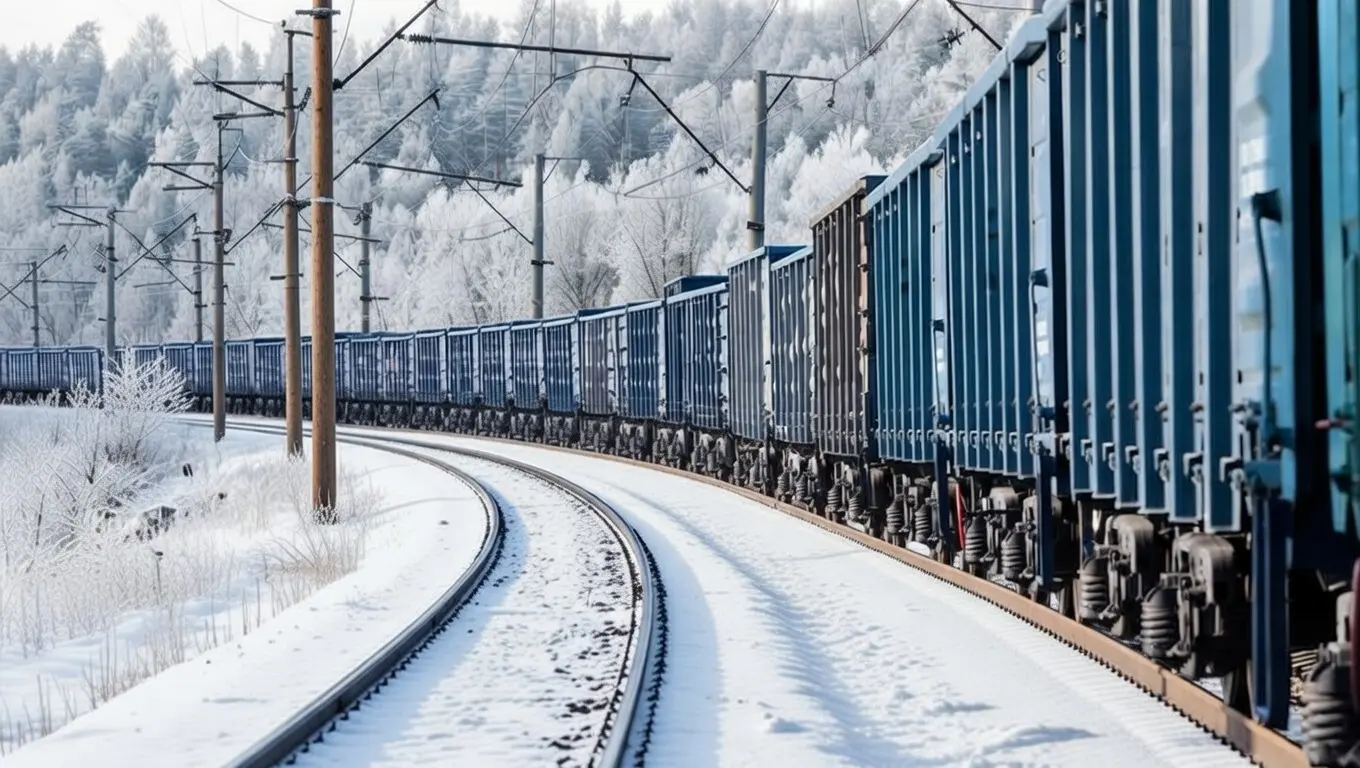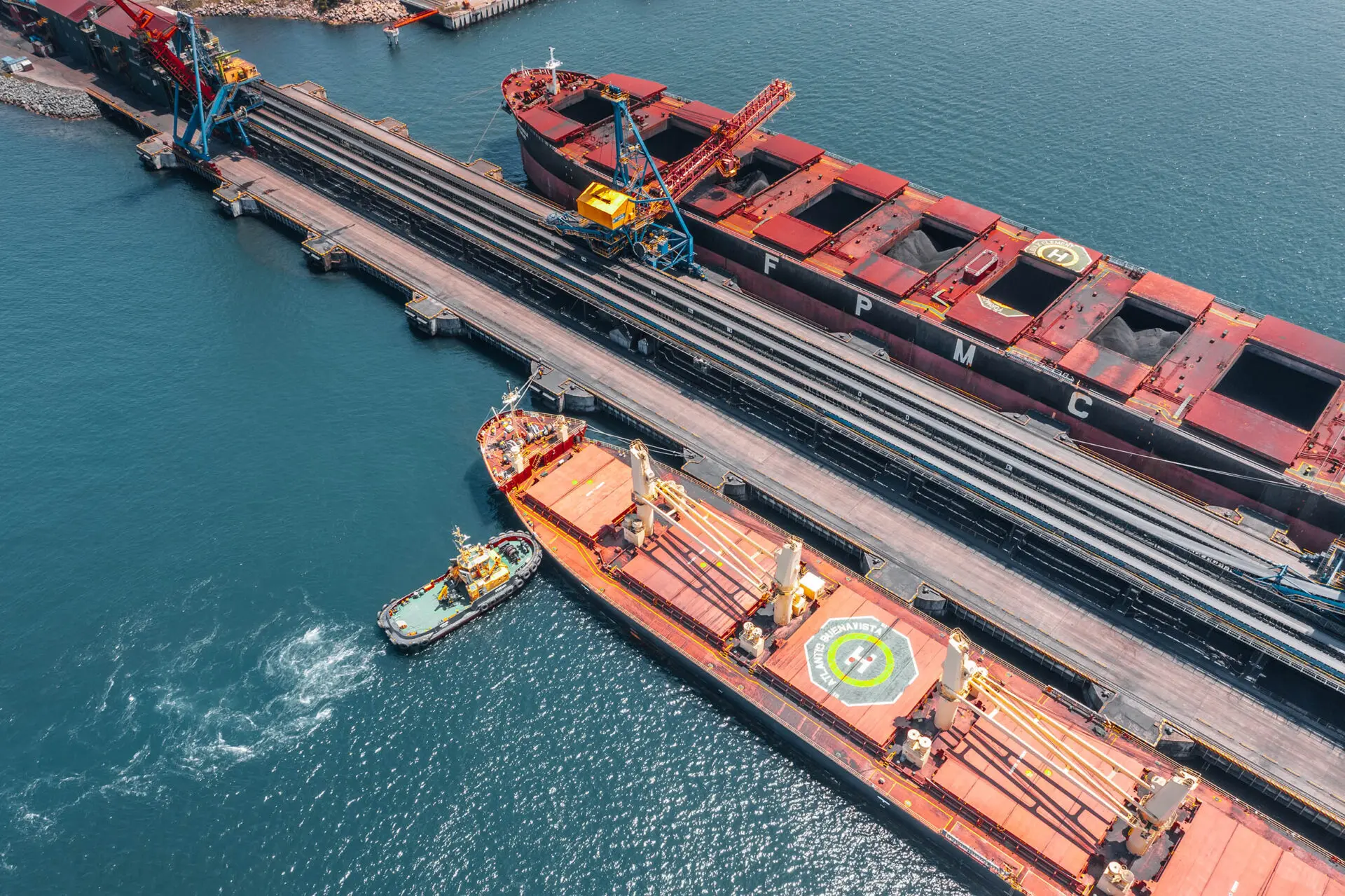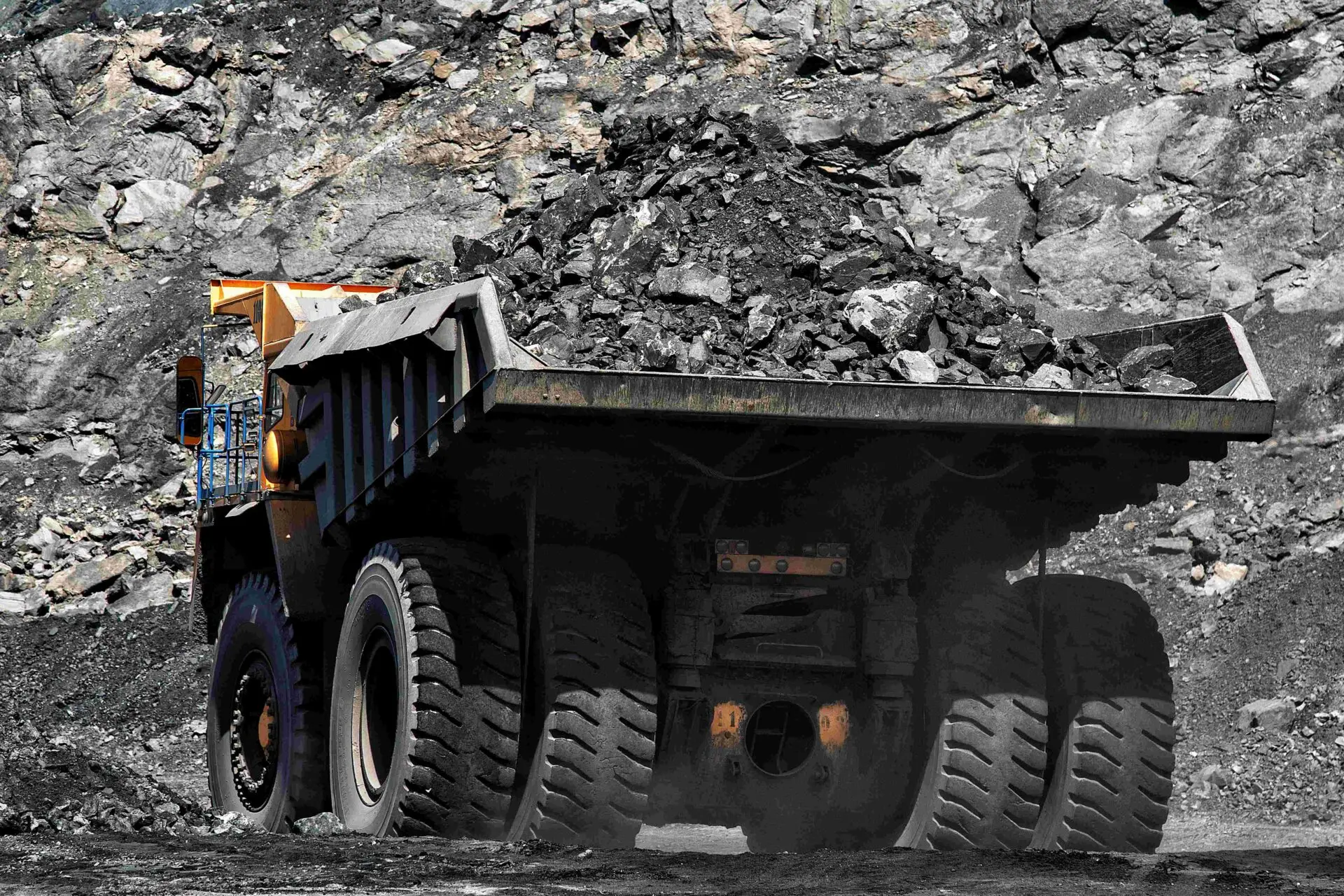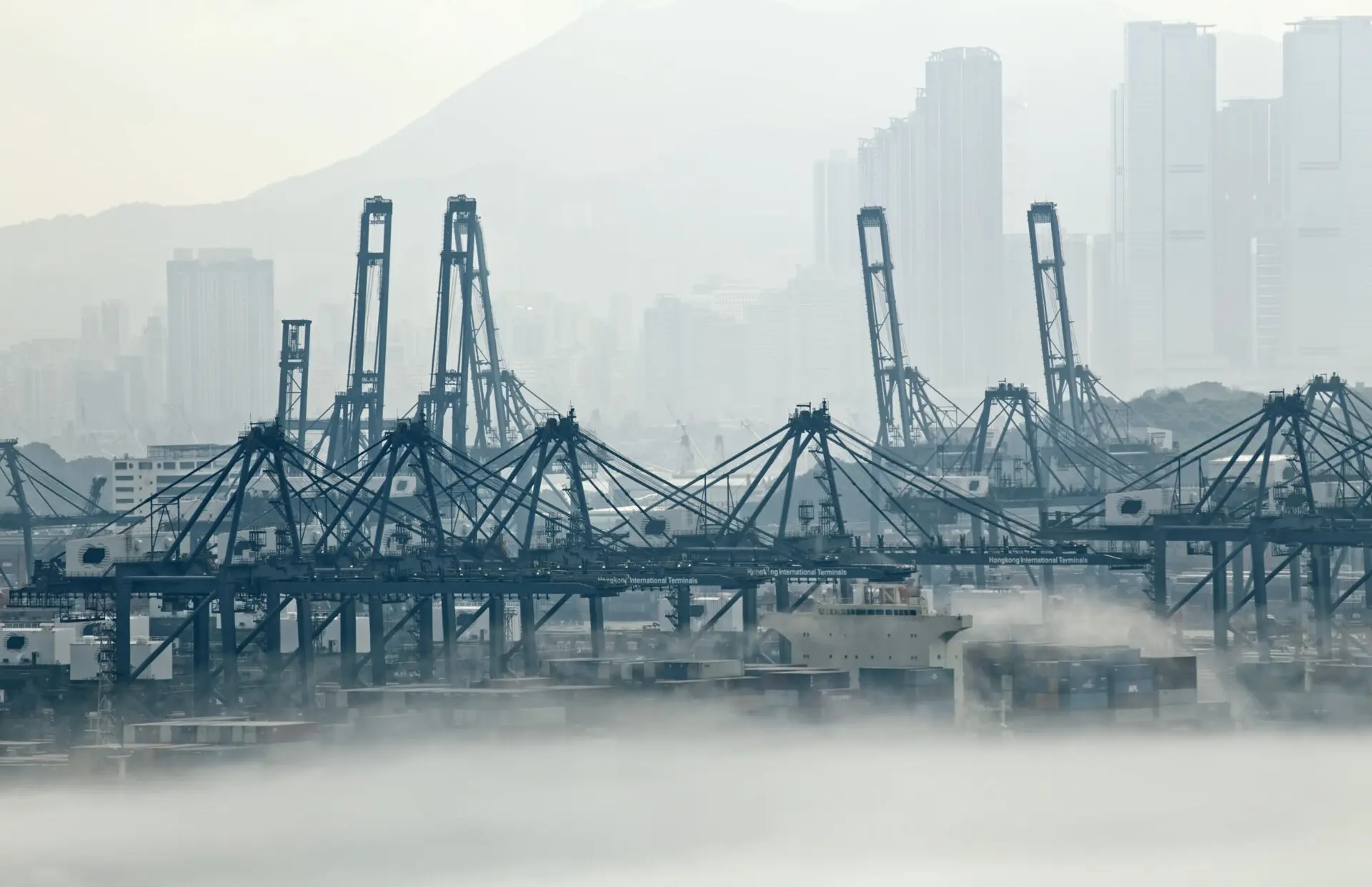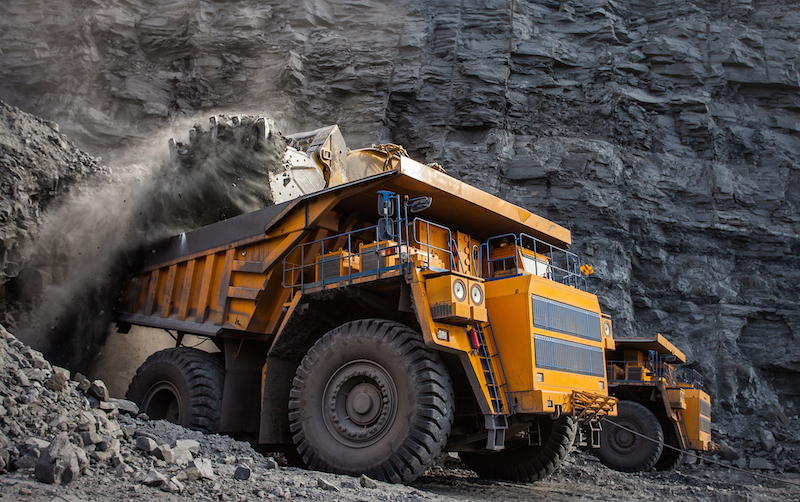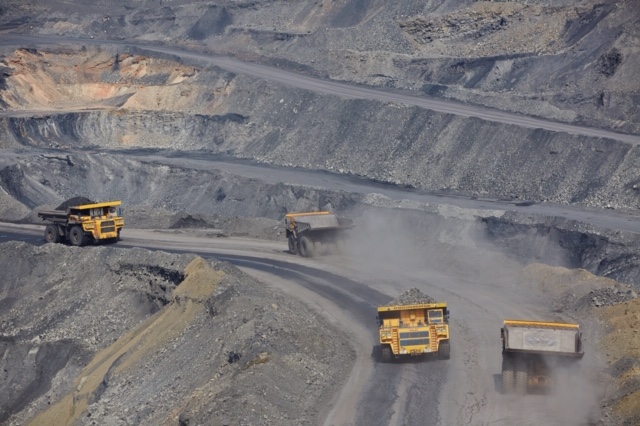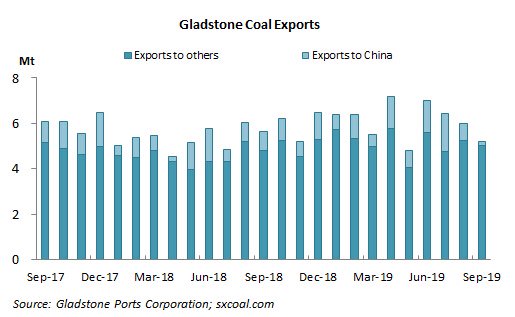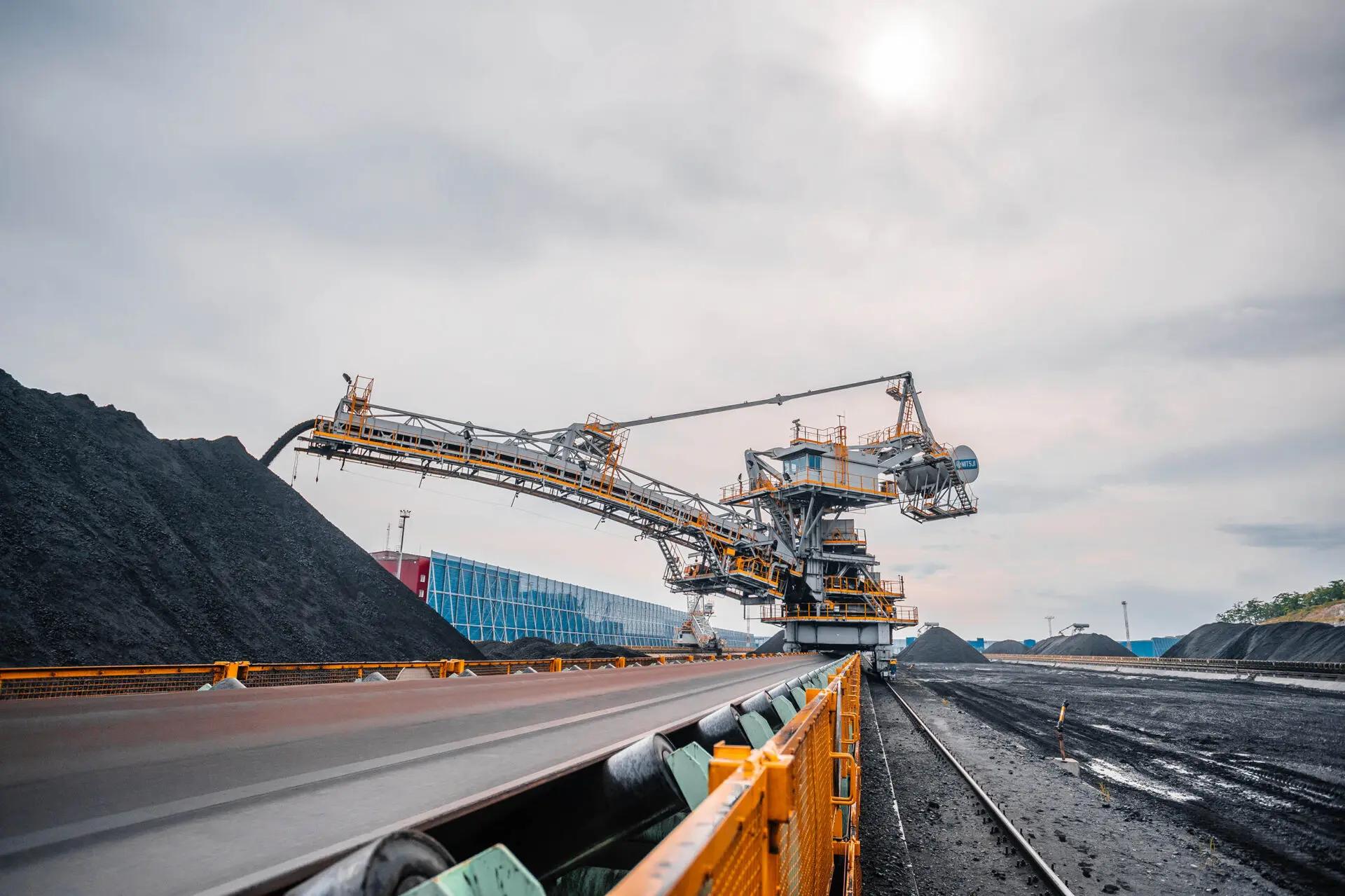
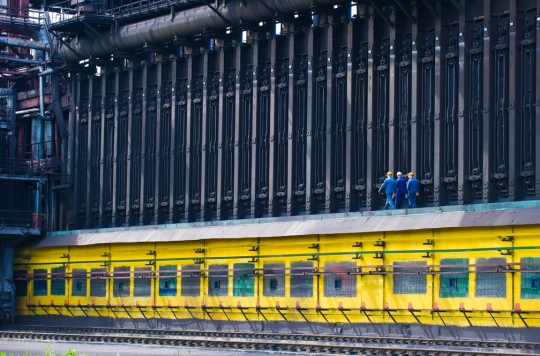
Initiatives introduced by China’s central government this year aimed at reducing the country’s energy consumption and energy intensity – the so-called ‘dual controls’ – are having an impact on coke-making operations nationwide.
A recent report by Mysteel suggests that tighter approval procedures for energy-intensive and heavily-polluting projects have already delayed the commissioning of new coking capacity and further disruptions are expected.
Mysteel’s latest survey in August on the scheduled commissioning of new coke ovens showed that China’s net growth of coking capacity for July-December will be 10 million tonnes/year in total, far lower than the findings of the previous survey in June which put net growth this half at 18.5 million t/y.
The report also revised downwards the forecast total for net growth of coking capacity for full-year 2021 to 29.7 million t/y from 38.2 million t/y in the survey in June. As of the end of August, China had recorded a net growth of 22.8 million t/y of coking capacity, with some 13.7 million t/y of obsolete capacity removed and 36.5 million t/y of new capacity put into operation, it also reported.
The notable decline in the forecast total for new coking capacity mainly reflected tougher regulations regarding environmental protection and energy consumption in several core coking regions including North China’s Shanxi and Inner Mongolia and Central China’s Henan, the report noted.
In its guideline on May 31, China’s Ministry of Ecology and Environment (MEE) ordered local environment authorities to tighten their environmental impact assessments on energy-intensive and emissions-heavy industrial projects.
All green-field, refurbishment and expansion projects including those for coke-making should only be approved if they meet rigorous requirements including total pollution control and targets to achieve peak carbon emissions, according to the guideline.
On July 20, Jinzhong, Lvliang and Yuncheng cities in Shanxi, the country’s top coking hub, were named by MEE for failing to fulfil the annual ‘dual controls’ tasks on several occasions over 2016-2020.
They were also criticised for continuing to actively launch energy-intensive and heavily-polluting projects including coking and steelmaking during the 14th Five-Year Plan period.
Shanxi province responded quickly, ordering construction on some new coking projects to be suspended the same month because of incomplete permits – suspensions that are expected to delay the commissioning of these projects, Mysteel noted.
Over January-July, China produced 276.4 million tonnes of coke in total, up 3.2% on year, according to the official data. However, the on-year rate of growth has steadily declined each month since the 10.3% growth level recorded in February.
China is heavily reliant on coal as the country’s core energy source, and the country’s targets to reach peak carbon emissions by 2030 and carbon neutrality in 2060 may require not only the development of clean and renewable energy sources to replace coal but also to control the development of energy-intensive projects, Mysteel Global noted.
Source: mysteel.com

